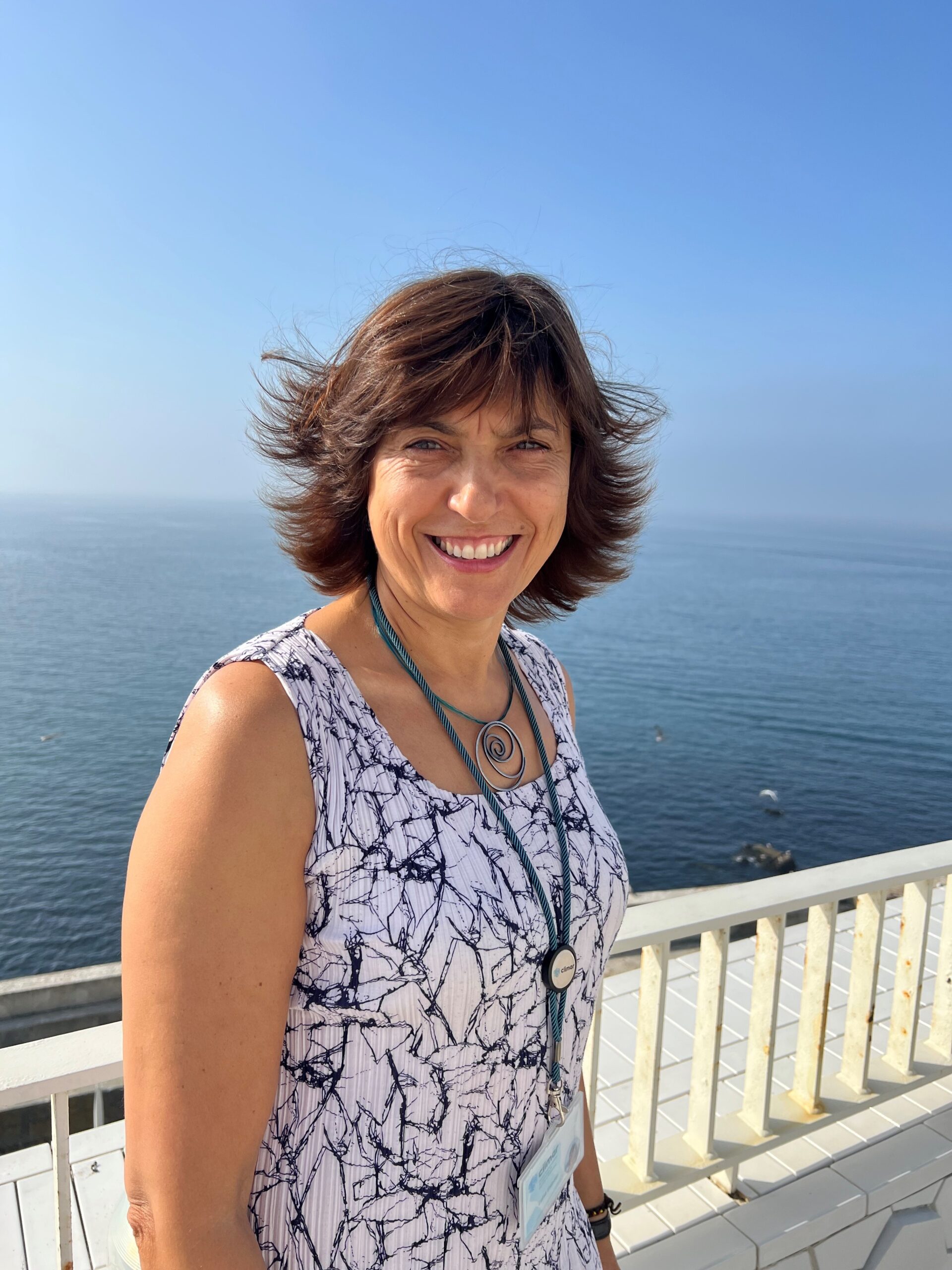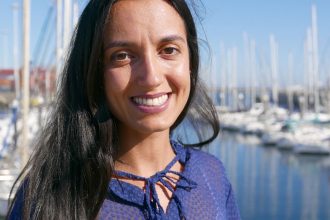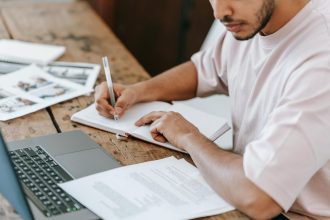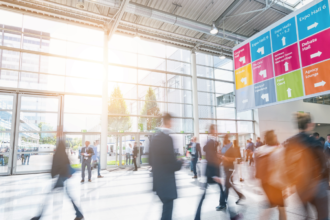“The aquaculture industry’s rapid expansion is set to persist”
OCEAN CONNECTORS
In the context of the blue bioeconomy, Luísa Valente is the interviewee in the Ocean Connectors section. As CIIMAR board member and leader of Biology, Aquaculture & Seafood Quality research line, provides a distinctive perspective on the delicate balance between marine science, aquaculture, and environmental responsibility. In this interview, Luísa Valente reveals the transformative developments in marine research and industry, shedding light on the collaborative efforts within B2E CoLAB, the organisation of which she is a co-founder and board member.
What are the main results of CIIMAR’s work in the field of the blue bioeconomy?
CIIMAR is a leading research and advanced training institution of the University of Porto, working at the frontier of Ocean Knowledge and Innovation. CIIMAR fosters an integrated approach to promote the understanding of biological, physical and chemical dynamics of Ocean and coastal areas, aiming to unravel Ocean and ecosystems functioning, the impact of human activities and responses to Global Changes. Over the years CIIMAR has participated in numerous research projects addressing societal challenges through innovation, sustainability and growth of the blue bioeconomy. This work has resulted in the scientific knowledge, patent registration and contribution to value creation driving impactful solutions for marine and environmental challenges.
A project in the field of the blue bioeconomy in which you have participated and of which you are proud.
One project that stands out among my accomplishments is a research initiative aimed at advancing the principles of circular economy within the agri-food sector. Through innovative technological solutions, we focused on upcycling coproducts from agricultural and food industries, transforming them into valuable resources. A significant aspect of this endeavour was incorporating these upcycled materials into fish diets, thereby reducing our dependency on imports. This achievement not only promotes sustainability but also enhances local product valorisation, leading to carbon neutrality. By offering consumers safe and nutritious seafood options, we contribute to a more sustainable and resilient food system.
A project or idea that you would like to implement in the blue bioeconomy?
In the context of Portugal’s blue economy, prioritizing the local production of seafood products that meet stringent quality and safety standards is paramount. Embracing sustainable aquaculture practices is a key avenue for contributing to this goal, ensuring that seafood is produced in an environmentally friendly and socially responsible manner. This involves implementing technologies to monitor water quality, reducing waste, and minimizing chemical usage. Tailoring diets for each farm and establishing robust traceability systems further enhance transparency and accountability throughout the supply chain, bolstering consumer confidence in the safety and authenticity of seafood products. Collaboration with nutritionists and chefs is essential to elevate the quality and appeal of seafood offerings. By developing nutritious and delicious options that resonate with consumers, Portugal can capitalize on the increasing trend of consumer acceptance towards sustainably sourced food products. Embracing innovation, quality assurance, and consumer education will solidify Portugal’s position as a leader in delivering safe, high-quality seafood products esteemed by both nutritionists and chefs and well-received by discerning consumers. Through these concerted efforts, Portugal can showcase its commitment to sustainability and excellence in the blue economy, setting a standard for others to follow.
A project or idea that you would like to implement in the blue bioeconomy?
To enhance the blue bioeconomy, Portugal must prioritize local seafood production, ensuring stringent quality and safety standards. Sustainable aquaculture practices are key, integrating technology for water monitoring, waste reduction, and minimal chemical use, ensuring environmentally friendly and socially responsible seafood production.
Customizing diets for each farm and establishing robust traceability systems enhance transparency and accountability in the supply chain, boosting consumer confidence. Collaboration with experts like nutritionists and chefs elevates seafood quality and appeal, capitalizing on the growing trend of consumer acceptance towards sustainably sourced products. Through innovation and consumer education, Portugal can solidify its position as a leader in delivering safe, high-quality seafood products, showcasing commitment to the blue economy.
How do you imagine the blue bioeconomy in 30 years’ time?
The aquaculture industry’s rapid expansion is set to persist, yet escalating concerns about animal welfare and environmental impact are driving a shift towards prioritizing lower trophic species. Simultaneously, there’s a push to develop nutrient-dense products utilizing advanced biotechnological practices tailored to address specific dietary needs, particularly for vulnerable populations like children and the elderly. By aligning production practices with these dual objectives, the aquaculture industry can meet the growing demand for seafood while simultaneously diminishing its ecological footprint and enhancing animal welfare standards.
How important is the work carried out by B2E CoLAB?
The B2E CoLAB has forged distinctive synergies between two of the most promising sectors in Blue Growth: biotechnology and aquaculture. Playing a pivotal role, B2E CoLAB has facilitated partnerships among key stakeholders from both sectors, culminating in the collaboration on significant projects involving academic, research and development entities, as well as industrial partners. Furthermore, it’s essential to underscore the significance of B2E CoLAB in engaging with society by promoting ocean literacy initiatives.





